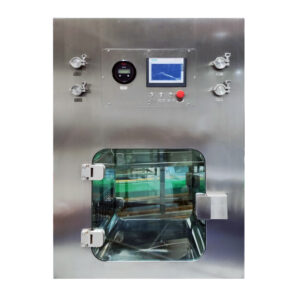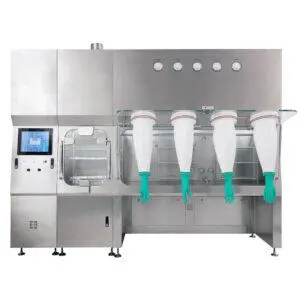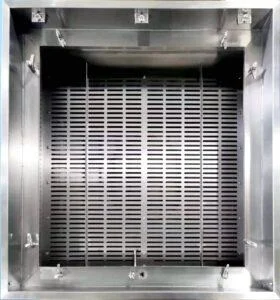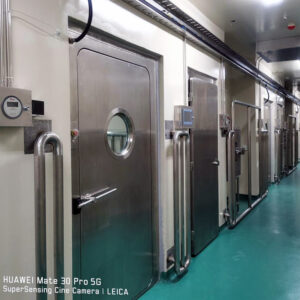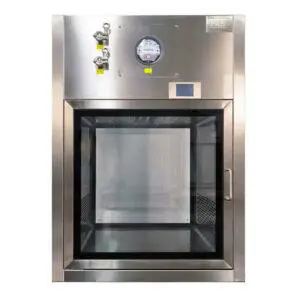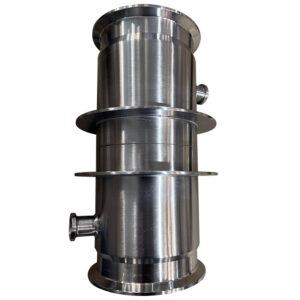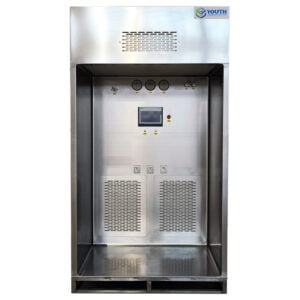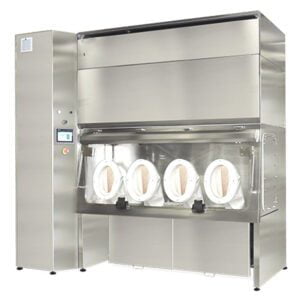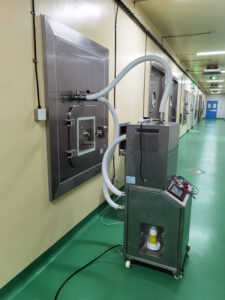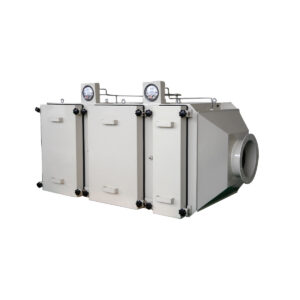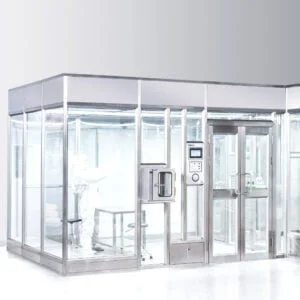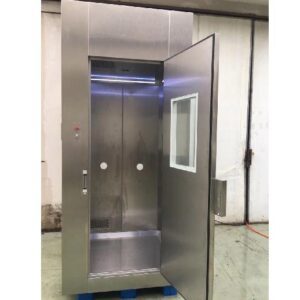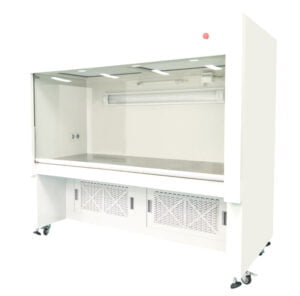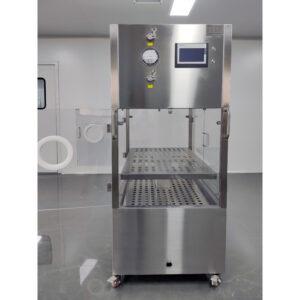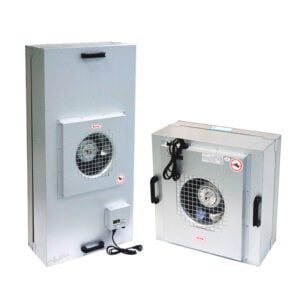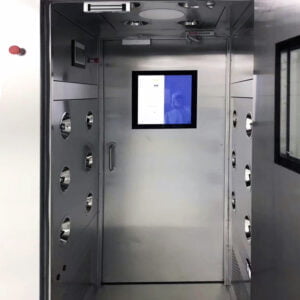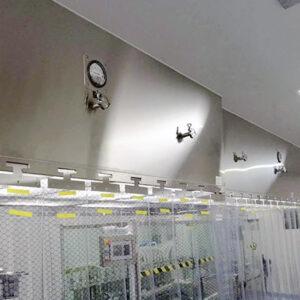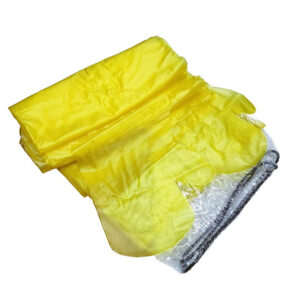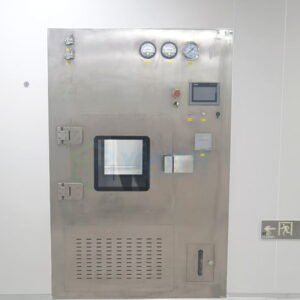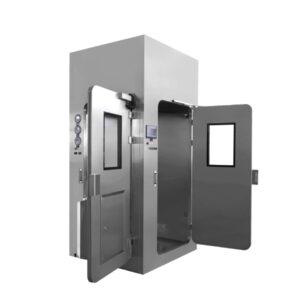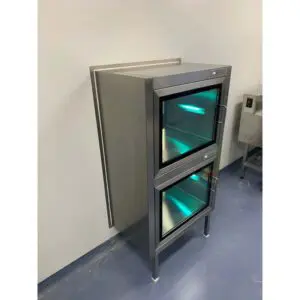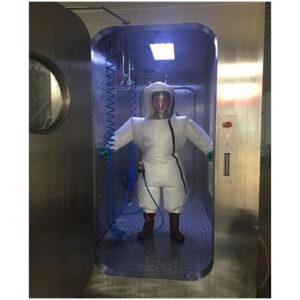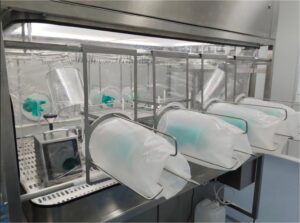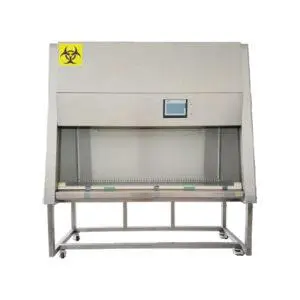The complexities of air purification call for various filtration methods. Two standout techniques are the Bag-In-Bag-Out system and traditional filtration methods. This article delves into a comparative analysis to shed light on their functionalities, advantages, and industry applications.
BIBO: The Modern Standard
- Enhanced Safety Mechanisms: BIBO systems are designed for hazardous environments, encapsulating contaminants within a bag to prevent exposure during filter replacement.
- Regulatory Compliance: They meet stringent health and safety regulations, mandatory in critical applications like pharmaceutical manufacturing and bioresearch labs.
- Application Specificity: BIBO units can be customized for specific pathogens or particles, offering targeted containment solutions.
Traditional Filtration: The Foundations
- Simplicity and Accessibility: Conventional filters are straightforward in design, making them accessible for a wide range of uses and easy to replace without specialized training.
- Cost-Efficiency: They offer a cost-effective solution for general-purpose air purification, suitable for low-risk environments.
- Variety of Options: Traditional filters come in a myriad of types, such as HEPA, ULPA, and activated carbon, catering to different levels of filtration needs.
Comparative Aspects
Safety
BIBO systems take the lead in high-risk scenarios, providing superior protection against hazardous elements. Traditional systems are preferred for standard applications where safety risks are minimal.
Cost
Traditional filtration systems are generally less expensive upfront and easier to maintain. BIBO systems, while more costly, offer long-term savings through enhanced safety and specialized containment features.
Maintenance
BIBO systems require skilled personnel and strict protocols, ensuring the safety of maintenance operations. Traditional filters are user-friendly, allowing for quick and easy changes with minimal training.
Versatility
While traditional systems are versatile and used in various settings, BIBO systems are indispensable in environments that deal with toxic, radioactive, or biohazardous materials.
Industry Applications
BIBO systems are essential in industries where air purity is critical and exposure to contaminants must be avoided. Traditional filtration finds its place in residential, commercial, and industrial settings where the cost and ease of use are paramount.
Conclusion
Choosing between BIBO and traditional filtration systems depends on the specific needs of an environment. High-risk areas benefit from the advanced protection offered by BIBO systems. In contrast, traditional filtration is suitable for general air quality needs where simplicity and cost-effectiveness are key. Each system has its unique set of benefits that cater to the diverse requirements of air purification across industries.
Related Contents:
- Bag-In/Bag-Out (BIBO) Systems: Operation and Maintenance Guide
- Addressing FAQs About Bag-In-Bag-Out Filtration Systems
- Understanding YOUTH’s Bag-In-Bag-Out (BIBO) Systems: Ensuring Safety and Clean Air
- Future Trends in Air Filtration: The Potential of Bag-In-Bag-Out
- The Comprehensive Guide to Bag-in-Bag-Out (BIBO) HEPA Filter Replacement
- Ranking the Best “Cleanroom” Air Filter Brands of 2023
- Cost-Effective Maintenance with Bag-In-Bag-Out Products
- Enhancing Your Facility’s Air Quality with Bag-In-Bag-Out
- Common Misconceptions About Bag-In-Bag-Out Filtration Debunked


